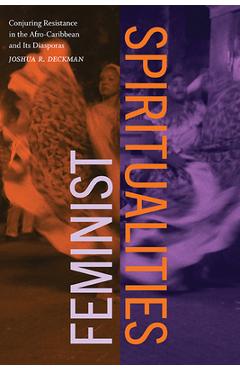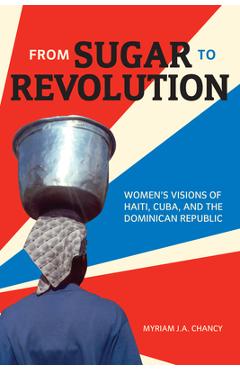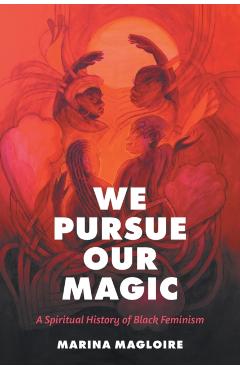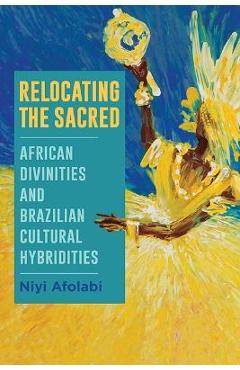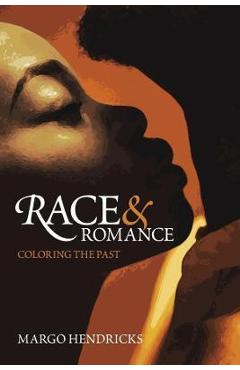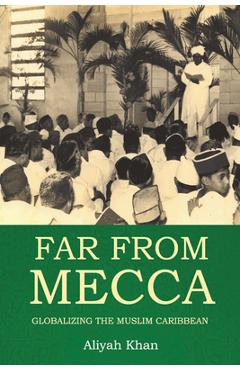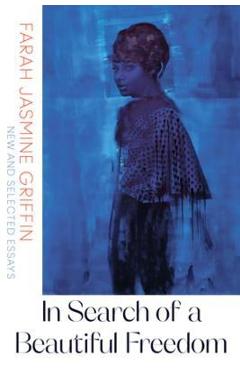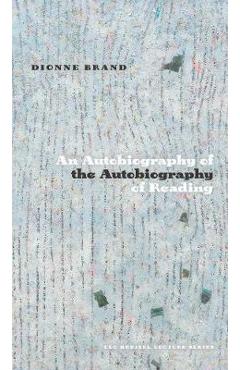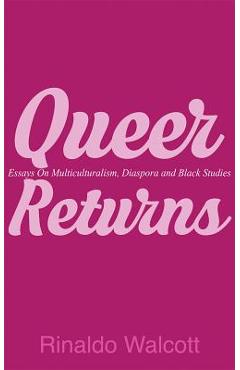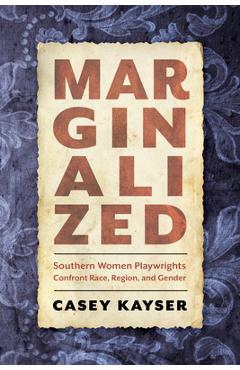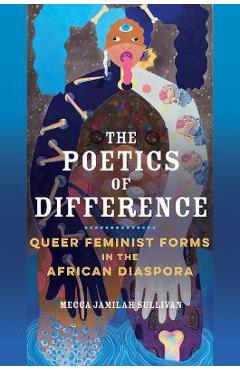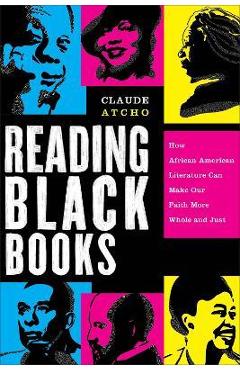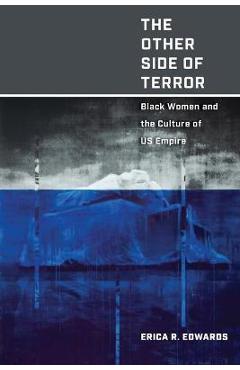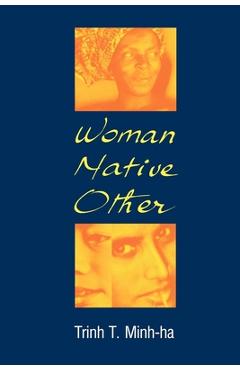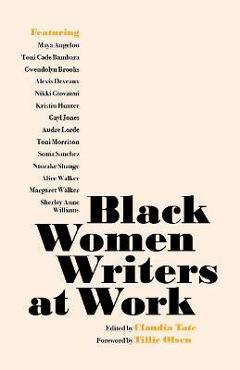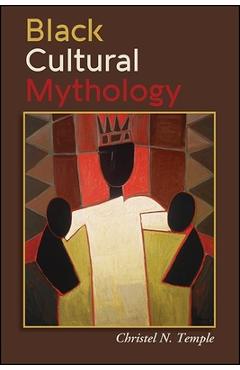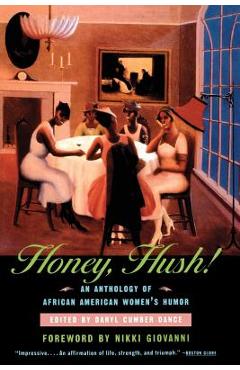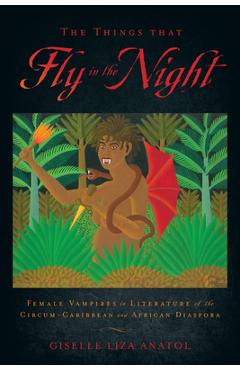Oshun's Daughters: The Search for Womanhood in the Americas
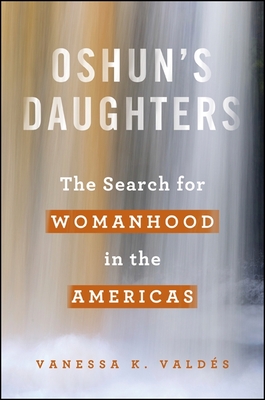
Oshun's Daughters: The Search for Womanhood in the Americas
Vanessa K. Valdés is Assistant Professor of Spanish and Portuguese at City College, the City University of New York. She is the editor of Let Spirit Speak! Cultural Journeys through the African Diaspora, also published by SUNY Press, and The Future Is Now: A New Look at African Diaspora Studies.
Examines the ways in which the inclusion of African diasporic religious practices serves as a transgressive tool in narrative discourses in the Americas.
Finalist for the 2015 Albert J. Raboteau Prize for the Best Book in Africana Religions presented by the Journal of Africana Religions
Oshun's Daughters examines representations of African diasporic religions from novels and poems written by women in the United States, the Spanish Caribbean, and Brazil. In spite of differences in age, language, and nationality, these women writers all turn to variations of traditional Yoruba religion (Santería/Regla de Ocha and Candomblé) as a source of inspiration for creating portraits of womanhood. Within these religious systems, binaries that dominate European thought-man/woman, mind/body, light/dark, good/evil-do not function in the same way, as the emphasis is not on extremes but on balancing or reconciling these radical differences. Involvement with these African diasporic religions thus provides alternative models of womanhood that differ substantially from those found in dominant Western patriarchal culture, namely, that of virgin, asexual wife/mother, and whore. Instead we find images of the sexual woman, who enjoys her body without any sense of shame; the mother, who nurtures her children without sacrificing herself; and the warrior woman, who actively resists demands that she conform to one-dimensional stereotypes of womanhood.
PRP: 244.93 Lei
Acesta este Pretul Recomandat de Producator. Pretul de vanzare al produsului este afisat mai jos.
220.44Lei
220.44Lei
244.93 LeiLivrare in 2-4 saptamani
Descrierea produsului
Vanessa K. Valdés is Assistant Professor of Spanish and Portuguese at City College, the City University of New York. She is the editor of Let Spirit Speak! Cultural Journeys through the African Diaspora, also published by SUNY Press, and The Future Is Now: A New Look at African Diaspora Studies.
Examines the ways in which the inclusion of African diasporic religious practices serves as a transgressive tool in narrative discourses in the Americas.
Finalist for the 2015 Albert J. Raboteau Prize for the Best Book in Africana Religions presented by the Journal of Africana Religions
Oshun's Daughters examines representations of African diasporic religions from novels and poems written by women in the United States, the Spanish Caribbean, and Brazil. In spite of differences in age, language, and nationality, these women writers all turn to variations of traditional Yoruba religion (Santería/Regla de Ocha and Candomblé) as a source of inspiration for creating portraits of womanhood. Within these religious systems, binaries that dominate European thought-man/woman, mind/body, light/dark, good/evil-do not function in the same way, as the emphasis is not on extremes but on balancing or reconciling these radical differences. Involvement with these African diasporic religions thus provides alternative models of womanhood that differ substantially from those found in dominant Western patriarchal culture, namely, that of virgin, asexual wife/mother, and whore. Instead we find images of the sexual woman, who enjoys her body without any sense of shame; the mother, who nurtures her children without sacrificing herself; and the warrior woman, who actively resists demands that she conform to one-dimensional stereotypes of womanhood.
Detaliile produsului









